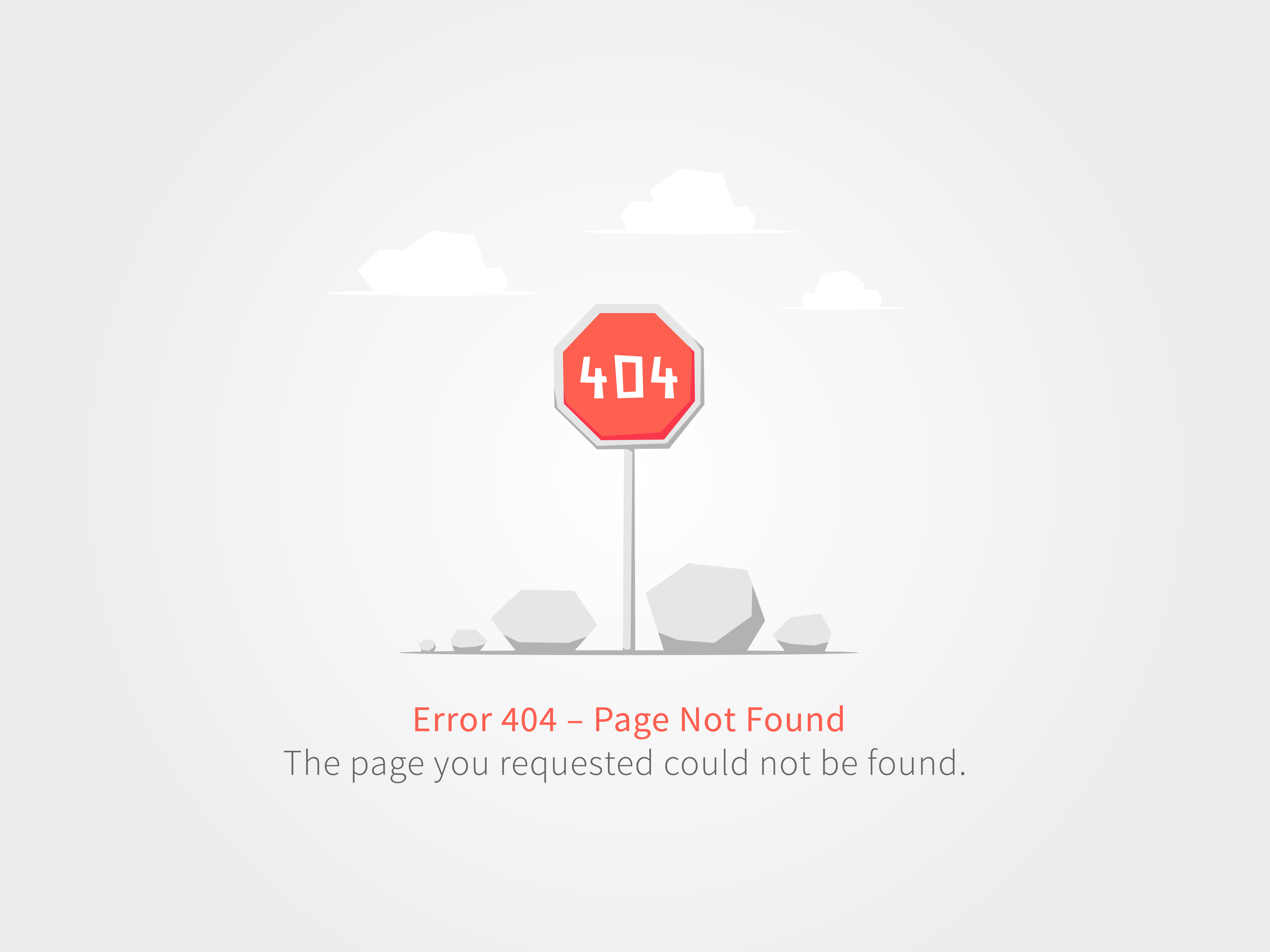Connect with us
Recent Posts
-
SEO Recap- Accessibility
On-page optimization efforts are the first line of action for any SEO firm, but then you must move on and concentrate on expanding your website’s accessibility – you want a minimum of limitations. If search engine optimization is to make your website more search engine friendly, you can’t ignore what are really very obvious factors that can hamper the search engines in their efforts and keep them from accessing your website freely.
In many cases, issues with accessibility that stop search engine spiders are also stopping your human visitors as well. Often when this happens, visitors won’t be able to access deeper pages of your website. For a complete crawling of your website, proper indexing and good traffic from visitors, your website should be made freely accessible. Here are some of the most often ignored factors:
Broken links. These can severely irritate both search engine bots and human visitors alike! Linking to a page that is not live helps no-one, and can actually harm you as Google sees broken links as a sign your site is not well kept up. All the links should have an active page linked to it and it should be the correct page, or your visitors too will be disillusioned and will leave.
Beware the Deadly 404 or File not Found Message
All your SEO efforts can be futile if you fail to run routine, basic checks on your website for broken links. You could even end up losing your ranking in the search engines for such a mistake, which could have been easily corrected. It is not enough to validate each link before the launch. You must re validate all the links to see how they are performing when they are actually online, and continue to do so on a regular basis.
“Heavy web pages”. Know that web pages that are too heavy can also cause accessibility problems. As a rule, your web pages should be 150kb or less. (This does not include the image files). Search engines downgrade web pages that take a long time to load and avoid heavy files, since they can slow down the search engine in fetching the right information – and load time is also often increased, leading to penalties in Page Rank and other algorithms. Split large pages into two sections if needed.
Invalid HTML codes and CSS files. Your websites HTML and CSS coding should comply with W3C. Decrepit HTML codes can cause a search engine spider to turn and run. Also, if you have a number of forms in your website, make sure to test them when the site is live online. Checking your forms in advance is imperative, since if the forms are not properly coded, they may result in wrong landing pages or page not found error – which, as mentioned above, is one of the worst problems you can have on your site.
Your SEO professional should be able to pinpoint problems early in your site build and help you correct them, testing before and after launch.
Recent Posts
-
What are Top 2020 SEO Trends...
1.The ERA Of VOICE SEARCH Hello, 2020! Long gone are the days when we used to head over to the search engines on our desktops and
Read More -
Why Is SEO Super-Duper...
The year’s 2019! We have long laid our footsteps in this digital world. Did you know that more than 4 billion people al
Read More -
National SEO Services –...
Introduction about National SEO Services A National SEO service provider uses search engine optimization practice to enhance the
Read More







